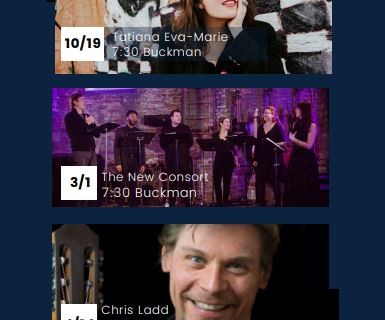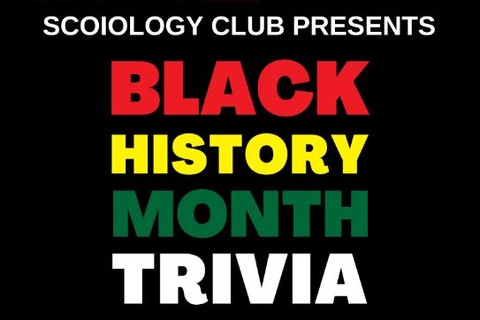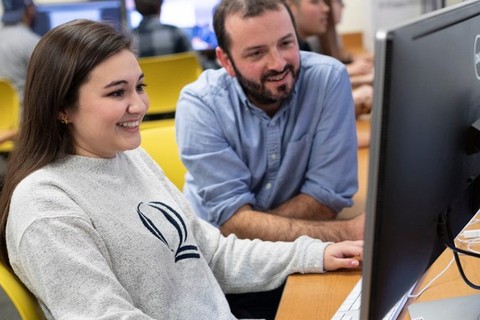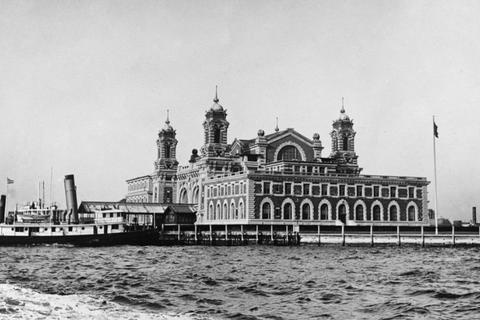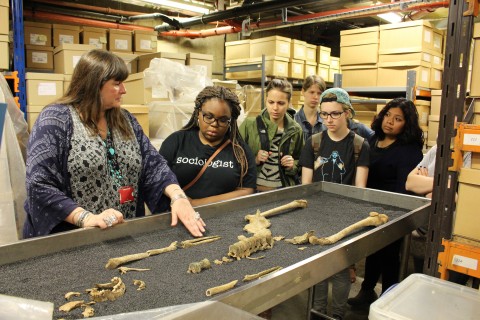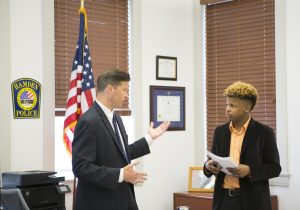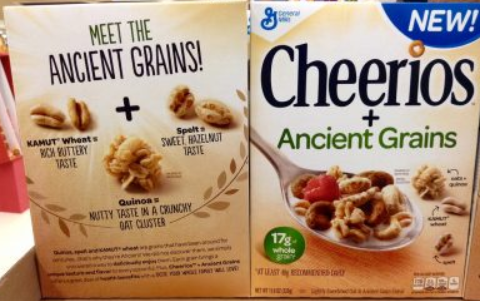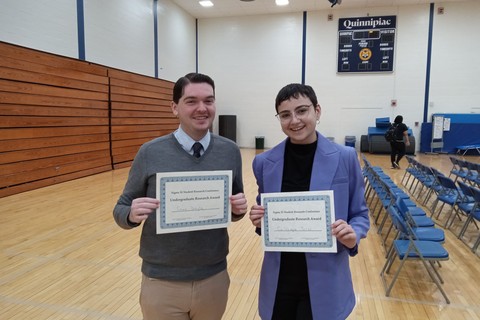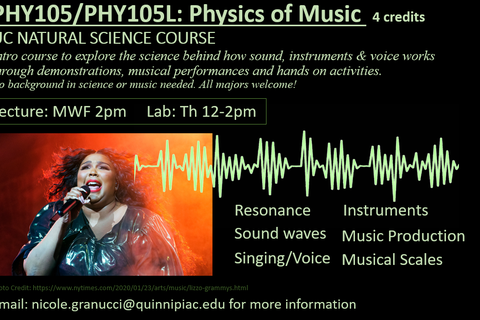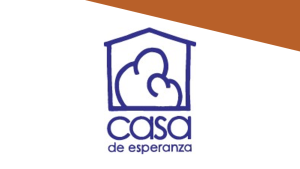Sophomore year is a time for you to begin refining your exploration, engage more broadly in the community, and begin to develop career-oriented skills. Continue to meet with your advisor at least once per semester to discuss academic, experiential learning, career, and co-curricular opportunities. Academically, by the end of your sophomore year, you should earn 60 credits and a cumulative GPA of 2.0 or higher.
-
CAS360 is KeyUpdate your CAS360 profile and sign up for email alerts based on new events and resources related to your specific areas of interest for personal and professional development. Look for events and workshops that you can attend to begin developing your personal marketing tools (resume, cover letter, LinkedIn profile) and interview skills.
-
Commit to a MajorIf you are not sure about your choices or want to change your major, first discuss your options with your academic advisor. If you are having a hard time deciding between majors, or feeling totally lost, you may also contact the director of career development or the advising commons team for an individual appointment.
-
Keep Exploring AcademicallyEven if you’re certain about your major, think about ways to explore your other academic interests – perhaps through a second major or through a minor. Talk with your academic advisor about those possibilities and about co-curricular activities and experiential learning opportunities that can help you apply your academic knowledge in real-world situations.
-
Keep Talking & Meet with Your Faculty AdvisorThroughout your time at QU, you should aim to meet your academic advisor at least twice a semester for course planning and selection for the coming semester. Review the advising checklist to guide you on what to consider prior to your meeting, ask about, or review when you meet with your advisor. Continue to talk to your faculty, academic advisors, and the director of career development about occupations and potential career paths related to your interests/values and chosen major.
-
Skill BuildingStart to try a few additional activities that develop the transferable skills employers want. Think about: job shadowing, volunteering, research opportunities with faculty, work study positions, community service, study abroad, summer jobs related to your major and summer internships.
-
Stay InvolvedContinue your involvement in extra-curricular activities and pursue leadership roles if available. Employers love to see evidence of your leadership ability. Research professional associations related to your areas of academic interest. Many offer free or discounted student memberships and they are a great way to learn more about your target industries.
-
Attend the Major/Minor FairConsidering changing your major? Want to declare a minor? Want to double major? Our University-wide major/minor fair in the fall (early October) is for ALL class years and ALL majors!
-
Attend the Career FairOur University-wide career fair in the fall is for ALL class years and ALL majors! Review the information you will receive prior to the fair and select 5 employers to speak with at the event. Use QUCC to research them in advance. If you are actively seeking a spring or summer internship, plan to approach at least 10 employers!
-
Get LinkedInCreate an account on LinkedIn to begin establishing your professional network for communicating with employers, alumni and fellow students (and learn how to use it). Join the “Quinnipiac University College of Arts and Science” group to broaden your network by hundreds immediately. Follow us on Twitter as well as @QUCAS360 for career advice and job postings.
-
Make Your CardCreate a networking card (a “business card for students”) so you have a way to share professional contact information and key professional highlights with people when sharing a full resume wouldn’t be appropriate.
-
Registration InformationClick here for registration information


